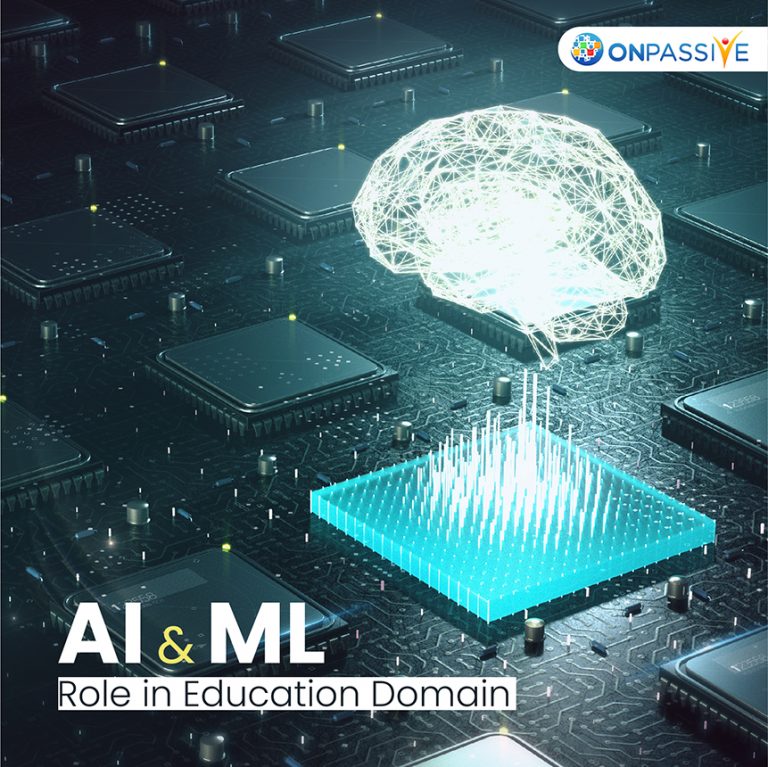
The pandemic has caused educational organizations to understand the significance of modernizing learning programs to fulfill the social distancing demands of our post-pandemic society. Artificial intelligence (AI) stays the most planned and prospective technology niche for education investment, not just for universities but also for online learning and tertiary school platforms.
AI subfields, including Natural Language Processing (NLP), Machine Learning (ML) algorithms, in addition to image and speech recognition, help to improve the learning cycle by expanding student commitment, giving customized projects, personalized programs, and supporting students with necessary data 24/7. Simultaneously, AI-based software for automated grading and performance evaluations assists instructors with saving time on routine assignments.
The change to this learning environment has also uncovered new insights into the condition of AI uses in the education domain. The “education system is advancing at an extraordinary rate, and making compelling ed-tech speculations will be critical in the year ahead,” as indicated by a new report.
A Way to deal with Learning That Is Both Personalized and Structured
The uses of AI in education has aided the advancement of a more viable and efficient methodology for instructors to follow a precise ride of guidance. It has helped students’ understanding and has gone beyond the criteria of human intelligence.
Numerous ed-tech organizations have begun to send digital projects to support the educational and instructive experiences, as AI in ed-tech reacts to students’ particular requirements. It helps students in evaluating their success on different subjects and monitors their input.
Picking the Best Profession
AI and ML will help students overcome their quandaries and difficulties with regards to picking the right career direction. Commonly, poor choices on this pivotal front have resulted in the futures of millions of talented students being endangered.
Luckily, later on, AI and ML will want to save students from the regrettable pain of self-inflicted career annihilation. All of these tools have fantastic data mining strategies, which give deep insight into students’ inclinations and despises, as well as their long-term targets.
Virtual and Augmented Reality
It is quite possibly the most energizing advances in the space of AI and ML. Numerous colleges and universities utilize this trend-setting technology to explain life-like encounters in astronomy, biology, geology, and others. Students can collaborate with various topics utilizing AR/VR advancements that incorporate animations, pictures, films, and more. This technology has been the best method for helping teachers and administrators get extremely accurate subject-oriented experiences.
For Students with Special Necessities, AI and ML is a Boon
AI and ML technology have proved to be a significant source of education for students with exceptional necessities. Many specially-abled students are encouraged to become familiar with the subject through speech recognition and virtual reality innovation, which empower them to adequately and preferably master even the most troublesome topics.
Uses of AI in education
AI is presently being utilized in education, particularly in skill development tools and testing strategies. When AI educational solutions develop, it is expected that AI will want to help recognize voids in educating and learning, permitting instructors and administrators to do better than ever before.
There are several uses of AI in the education domain; both teachers and students benefit from the advancement. The education industry will profit from AI in various manners. Byju’s, and Vedantu like e-learning sites, specifically, are offering educational institutions an upper hand. It has introduced Artificial Intelligence e-learning software to associate with students and has more customized and modified tutorials.
Conclusion
Education will be quickly accelerated in the future, and adapting learning necessities will be significantly more assorted. AI can be incredibly valuable in distinguishing patterns before they take root and quickly adjusting to them.
The curriculum of future educational institutions will want to change as required. Additional teaching innovations will help students without undue pressuring instructors, and teachers will want to utilize their time and endeavors all the more powerful.


